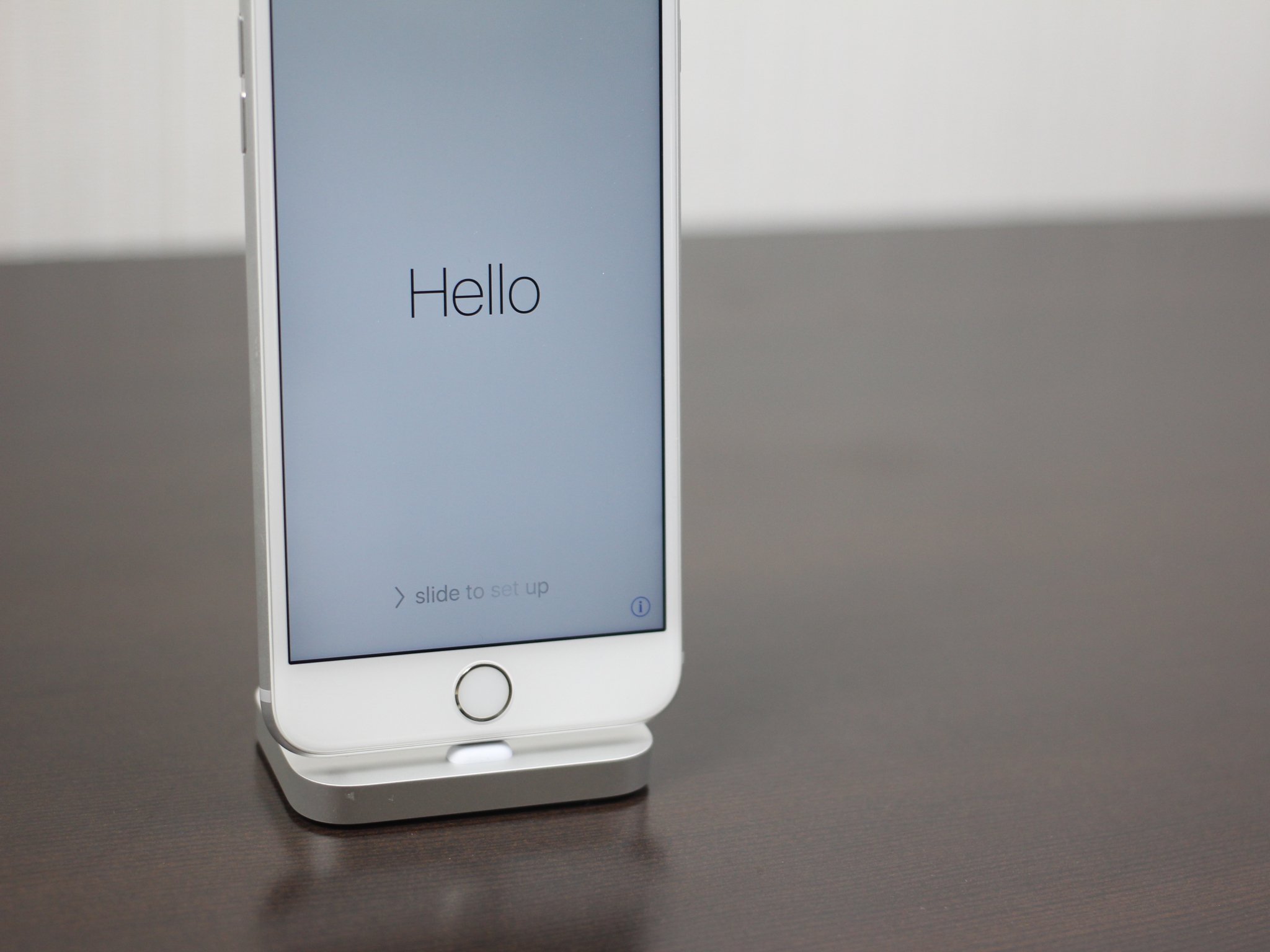Software bug dealer says it won't buy iOS exploits because there's so many

iMore offers spot-on advice and guidance from our team of experts, with decades of Apple device experience to lean on. Learn more with iMore!
You are now subscribed
Your newsletter sign-up was successful
What you need to know
- Zerodium is a bug broker of sorts.
- But it doesn't want any more iOS exploits.
- There's so many in the pipeline they don't need more.
A company that buys security exploits found by hackers and researchers has said that it no longer wants to have anything to do with new iOS discoveries. But not for the reasons you might expect. Instead, Zerodium says that there are just so many being worked on already that more simply aren't needed.
In a tweet yesterday, Zerodium said that it won't be buying new exploits relating to iOS, Safari, or the sandbox for at least the next couple of months. Maybe more.
We will NOT be acquiring any new Apple iOS LPE, Safari RCE, or sandbox escapes for the next 2 to 3 months due to a high number of submissions related to these vectors.
Prices for iOS one-click chains (e.g. via Safari) without persistence will likely drop in the near future.We will NOT be acquiring any new Apple iOS LPE, Safari RCE, or sandbox escapes for the next 2 to 3 months due to a high number of submissions related to these vectors.
Prices for iOS one-click chains (e.g. via Safari) without persistence will likely drop in the near future.— Zerodium (@Zerodium) May 13, 2020May 13, 2020
AppleInsider also notes that the company's founder believes that iOS security is "f--cked" but that it's possible iOS 14 will improve matters.
Only PAC and non-persistence are holding it from going to zero...but we're seeing many exploits bypassing PAC, and there are a few persistence exploits (0days) working with all iPhones/iPads. Let's hope iOS 14 will be better.
While a company like Zerodium not buying exploits sounds like a good thing, the reason is not. Apple's iOS is often thought to be more secure than the competiting Android and while that's true, it isn't impregnable. Apple continues to work to ensure iPhones and iPads are as secure as possible but people also work just as hard to make sure they find ways in.
It sounds like they are the ones that are winning.
iMore offers spot-on advice and guidance from our team of experts, with decades of Apple device experience to lean on. Learn more with iMore!

Oliver Haslam has written about Apple and the wider technology business for more than a decade with bylines on How-To Geek, PC Mag, iDownloadBlog, and many more. He has also been published in print for Macworld, including cover stories. At iMore, Oliver is involved in daily news coverage and, not being short of opinions, has been known to 'explain' those thoughts in more detail, too.
Having grown up using PCs and spending far too much money on graphics card and flashy RAM, Oliver switched to the Mac with a G5 iMac and hasn't looked back. Since then he's seen the growth of the smartphone world, backed by iPhone, and new product categories come and go. Current expertise includes iOS, macOS, streaming services, and pretty much anything that has a battery or plugs into a wall. Oliver also covers mobile gaming for iMore, with Apple Arcade a particular focus. He's been gaming since the Atari 2600 days and still struggles to comprehend the fact he can play console quality titles on his pocket computer.
